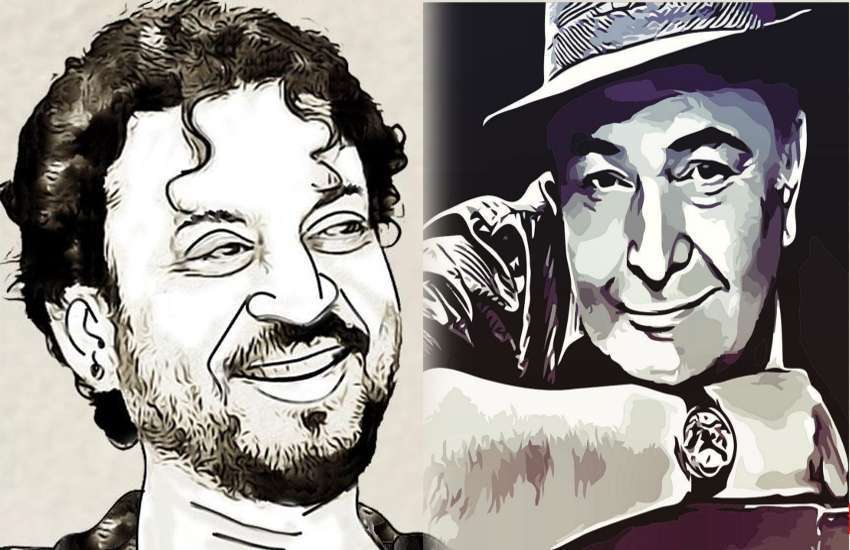Contact Us




Meenakshi Chopra, Consultant Clinical Psychologist, MPhil (IHBAS)
The ongoing COVID-19 crisis has brought about a change in the way we look at the world and our reactions towards people and events. Every day we get updates about more and more people getting infected and dying. To add to that, we lost two of the most respected Bollywood personalities one after the other. In these troubled times, such occurrences make us feel a sense of loss sometimes followed by a grief response.
Grief is a natural response to losing someone or something that’s important to you. You may experience a variety of emotions, like sadness or loneliness. The reasons might be different for different people. Maybe a loved one died, a relationship ended, or you lost your job. Other life changes, like chronic illness or a move to a new home, can also lead to grief. Sometimes, grief might be because of reasons that are not acknowledged by society. For example, loss of a pet or moving away from your ancestral place. It is difficult to find support in such cases when the caregivers are unable to empathise with the sufferer.
In order to cope with grief, you might find the following strategies helpful
If grief continues and causes a prolonged and deep depression with physical symptoms such as poor sleep, loss of appetite, weight loss, and even thoughts of suicide, you may have a condition known as complicated bereavement. Talk with your doctor as soon as possible. Sometimes, grief may develop into Depression which is a medical disorder that is different from normal grief. It can occur at any time (even in the immediate aftermath of a death or loss), and requires treatment to be resolved.
We, at Samvedna, understand your needs and strive to support you in this hour of crisis. We provide counselling support for families, professionals and organizations to deal with stress, anxiety, grief, bereavement, work life balance, retirement planning, caregiver stress and age related disorders. We also conduct online workshops for employee engagement and counselling to cope with the COVID19 crisis.
The author, Meenakshi Chopra is an RCI certified Clinical Psychologist with an MPhil degree in Clinical Psychology from IHBAS. She has completed her post graduation in Psychology from Punjabi University Patiala. Meenakshi has experience conducting assessments, individualized therapies and counselling with adults suffering from psychiatric illness.